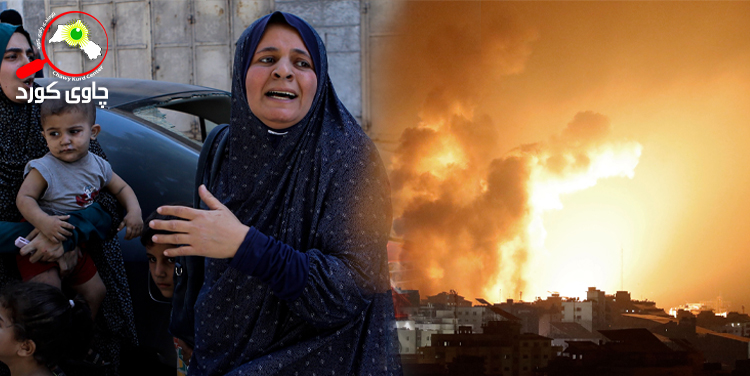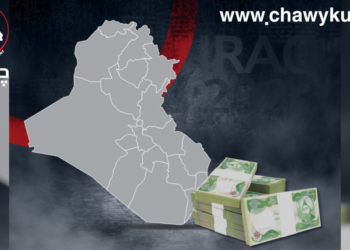The Israeli-Hamas war has quickly affected the energy market (oil and gas). Producers and buyers are increasingly preparing to face its effects. We will analyze them as follows:-
-
- Israel declared; it diverts oil imports to Red Sea ports so they cannot be targeted.
- European LNG supplies are under threat as tensions in the Middle East escalate.
- Drones attack Syrian gas fields as Israeli conflict escalates.
- Oil markets and underestimating the risk of an explosion in the Middle East.
- Will the unrest in the Middle East cause Saudi Arabia to change its oil policy?
- A wider war in the Middle East could lead to a recession in the world economy.
Hamas attacks and Israeli response cause heavy human casualties. A global economic downturn may follow. Like the wars in the Middle East in the past, the conflict between Israel and Hamas that erupted during last week has the potential to disrupt the global economy, even if more countries are pulled in.
That threat is real, as the Israeli army prepares to invade Gaza in response to an attack by the militant group. The death from the Hamas offensive and the ongoing Israeli airstrikes on Gaza is already in the thousands. There are concerns that Hamas-backed Lebanese and Syrian militias could join the fighting. A more severe escalation could put Israel in direct conflict with Iran, which supplies weapons and money to Hamas, which the United States and the European Union have labeled a terrorist group.
“Limited conflict or regional war?”
First, the fighting is largely confined to Gaza and Israel.
Second, the conflict falls over into neighboring countries like Lebanon and Syria, which host powerful Tehran-backed militias, essentially turning it into a proxy war between Israel and Iran.
Third, it is the development of a direct military exchange between the two enemies in the region.
In all these cases the direction is the same, more expensive oil, higher inflation and slower growth, but the magnitude is different. The more widespread the conflict, the more global the impact will be regional.
Our analysis concluded that the effects are still in the beginning and everyone is preparing to confront and avoid the least damage, but the fact cannot be reversed that as the war develops and expands, the effects will close the doors of states. The impacts include Iran, Iraq, Syria, Lebanon, Saudi Arabia and European countries in the field of gas supply.
“Regards to Kurdistan Region”
The Kurdistan Region must closely and planned monitor the situation, because the current situation of Israel and Hamas are at war and the second step will be a war instead of Iran and lead to Syria, Lebanon, Iraq and we will be in the middle of the war. Iran and Israel are facing each other and it is getting more dangerous. Every Kurdish movement and step increases the level of impact. We must be fully prepared to avoid the effects of this devastating war.





























































